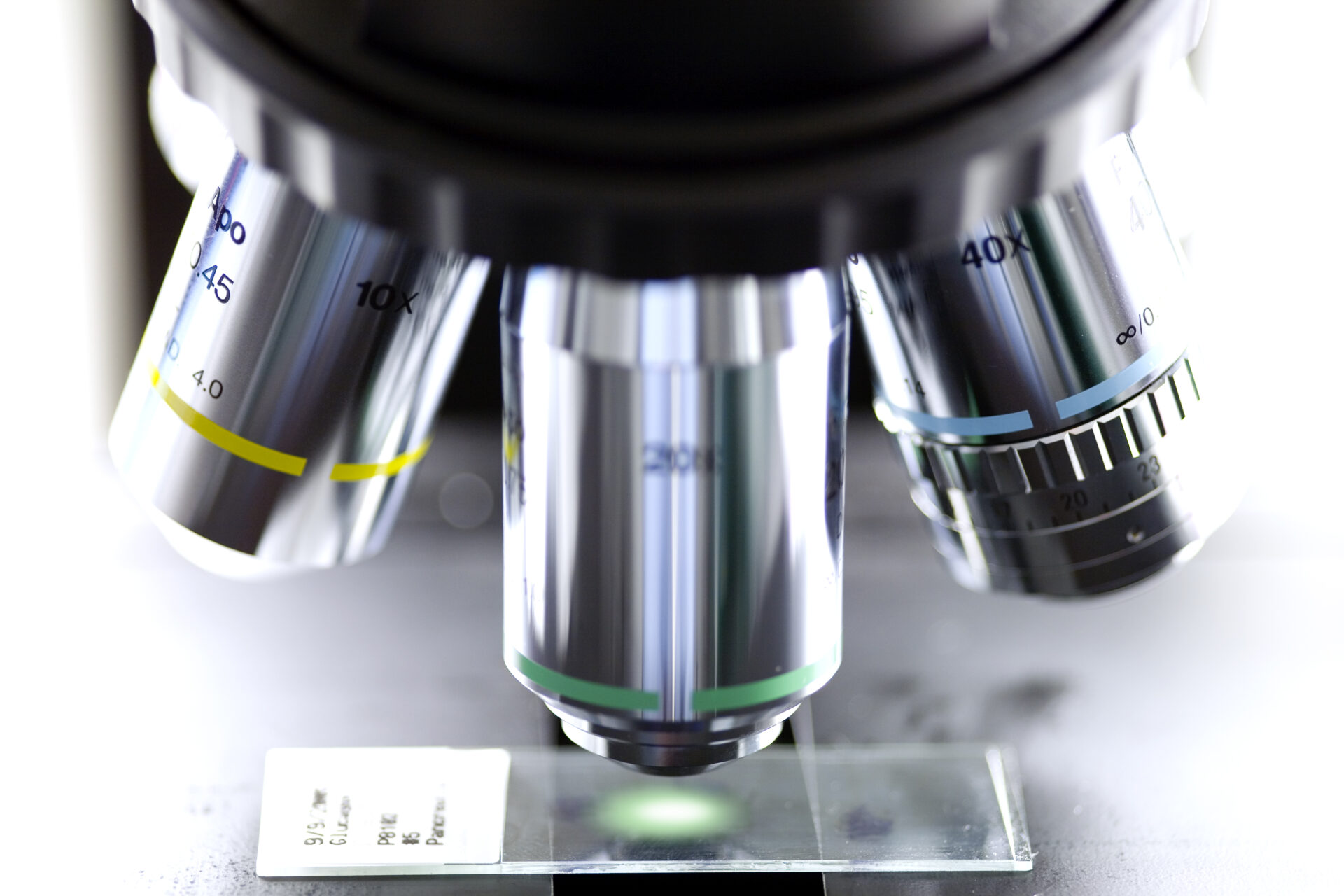Find out what you need to know about doing fertility testing at home
Maybe you’ve seen an ad on Facebook or Instagram for OTC fertility tests. Or perhaps a friend told you that she did fertility testing at home, and you’re wondering if it’s right for you. Either way, more women are starting to explore at-home testing options. The Fertility Center of Las Vegas (FCLV) believes that knowledge is power. As a result, our Las Vegas fertility center team is explaining what these tests can (and can’t) tell you about your reproductive potential.
What are some common types of OTC fertility tests?
Your reproductive hormones can provide information about how fast or slow your so-called biological clock is ticking. As a result, fertility tests tend to look at certain types of hormones.
- Follicle-stimulating hormone (FSH) estradiol and anti-Mullerian hormone (AMH) can estimate how many eggs you still have (egg supply). Blood tests can check these levels.
- Luteinizing hormone (LH) can help you determine whether and when you’re ovulating. Both urine and blood tests can detect an LH increase, or surge.
Different tests will assess different hormones and offer varying degrees of accuracy and sensitivity. For the most accurate results when you do fertility testing at home, you will need to test certain hormones like FSH on a specific day of your menstrual cycle.
Is there are problem with doing fertility testing at home?
There’s nothing inherently wrong with learning more about your fertility from the comfort of home. The problem comes into play when people rely solely on these OTC fertility tests, rather than visiting a board certified reproductive endocrinologist.
These tests don’t provide a complete picture (and some may even provide inaccurate information depending on the test and when you take it). This means you could end up wasting both time and money on your family-planning journey. Additionally, if you need specialized testing, you won’t get the insight you need from OTC fertility tests.
One final problem that’s worth mentioning is that at-home fertility testing can leave you with more questions than answers. Sure, a test might be able to tell you that your AMH is 5.3 or your FSH is 1.8. However, it might not tell you what that means, leaving you wondering if your result is good news or bad news.
Even the OTC fertility tests that come with supplemental information or a support team can’t tell you everything that you need to know about your results in plain language. They also can’t make treatment recommendations based on your results. Only a fertility specialist can do that.
What kind of fertility testing can you find at FCLV?
The difference between visiting a fertility doctor and doing fertility testing at home is similar to the difference between learning something from Google and taking a college course. Sure, you can get basic information from OTC fertility tests, but you won’t learn everything. Also, some of what you learn can be confusing or even inaccurate. No one needs that on their family-building or family-planning journey.
If you want to learn more about your reproductive potential, a doctor at our Las Vegas fertility center can work with you. They can order the exact tests you need to learn more about your egg supply and fertility. There’s no guessing and no cookie-cutter approach.
Many of the tests you’ll have at our clinic, such as a transvaginal ultrasound and hysterosalpingogram (HSG), are not available for home use. As a result, you’ll get more comprehensive and customized information when you get testing from a fertility specialist. Not only that, but your doctor can also explain your results and help you design a personalized treatment plan if you need help conceiving or want to freeze your eggs.
If you’d like to get tested at FCLV instead of or after doing fertility testing at home, contact us to schedule an appointment. We look forward to giving you the information you need to start or grow your family your way.








